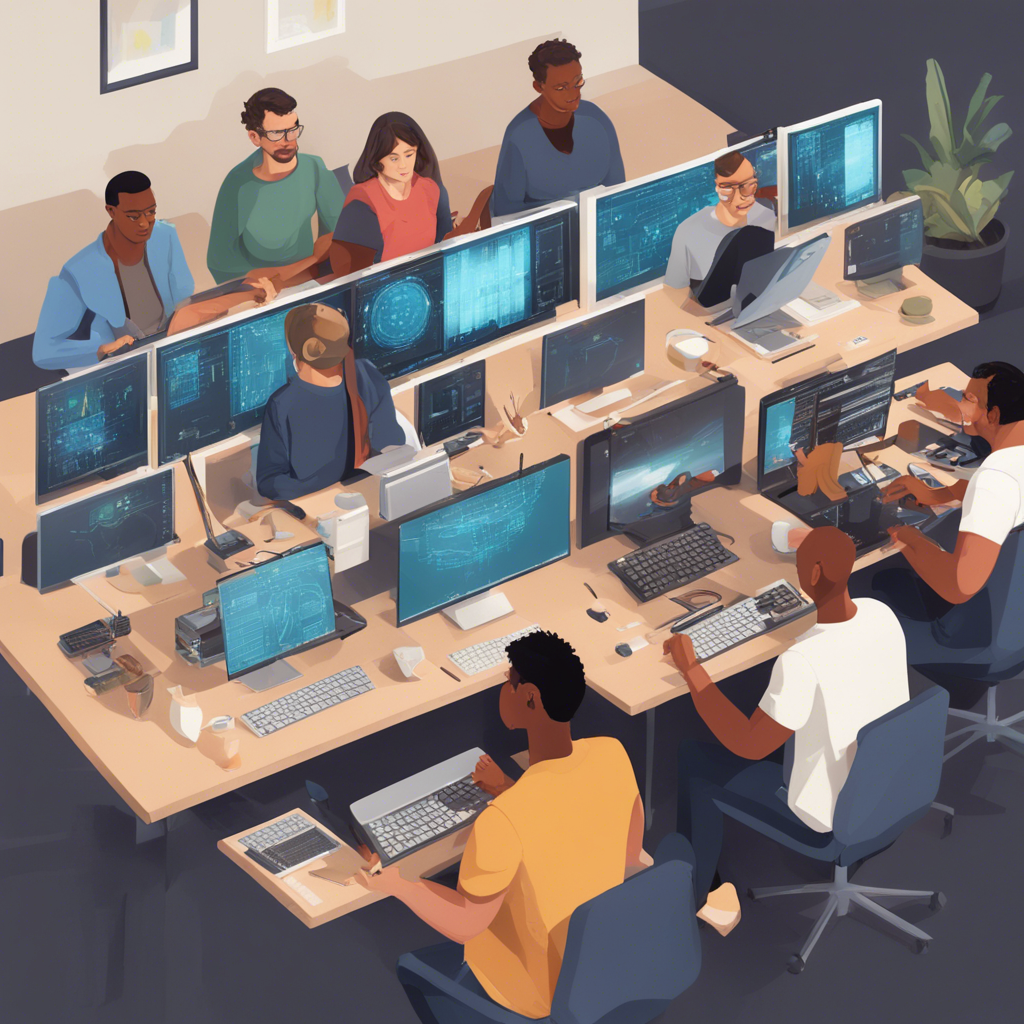
The Rise of MOOCs and Online Education: A Transformative Shift in Learning
In the digital era, we are witnessing a transformative shift in education with the rise of Massive Open Online Courses (MOOCs) and online learning platforms. This evolution in educational delivery has opened up a world of opportunities for learners around the globe, making quality education more accessible, flexible, and convenient.
Understanding the MOOC Phenomenon
MOOCs are online courses that are designed to accommodate a large number of participants from diverse geographical locations. These courses are typically free or available at a minimal cost, making them an attractive option for individuals seeking to expand their knowledge and skills without the constraints of traditional classroom settings.
Key Features of MOOCs:
-
Scalability: MOOCs can accommodate thousands of students simultaneously, allowing for a more inclusive learning experience.
-
Flexibility: Learners can access course materials at their own pace, fitting education into their busy schedules.
-
Diversity: Courses cover a wide range of subjects, from computer science and programming to humanities and social sciences.
Advantages of Online Education
1. Accessibility
Online education has broken down barriers to education, allowing individuals from all walks of life to pursue learning opportunities that were previously out of reach. By eliminating geographical constraints, online platforms have democratized education.
2. Cost-Effectiveness
Traditional education can be expensive, with tuition fees, textbooks, and commuting costs adding up. Online courses often come at a fraction of the cost, making education more affordable for many learners.
3. Convenience and Flexibility
With online education, learners have the flexibility to study at their own pace and on their own schedule. This asynchronous learning model empowers students to balance their education with work, family, and other responsibilities.
Impact of MOOCs on Traditional Education
While online education has revolutionized the learning landscape, its rapid growth has also raised questions about its potential impact on traditional educational institutions. Some concerns include:
- Credentialing: The recognition of online certificates and degrees by employers and academic institutions.
- Quality Assurance: Ensuring that online courses maintain high standards of instruction and assessment.
- Adaptation: Traditional universities must adapt to the changing educational landscape to stay relevant.
Future Trends in Online Education
As technology continues to advance, the future of online education looks promising. Innovations such as virtual reality (VR) classrooms, personalized learning algorithms, and interactive simulations are reshaping the way we learn.
Conclusion
The rise of MOOCs and online education represents a seismic shift in the way we approach learning. By leveraging technology and digital platforms, educators and learners alike are reimagining the possibilities of education. As we embrace this new era of online learning, it is essential to uphold quality, accessibility, and inclusivity to ensure that education remains a transformative force for all.
References:


